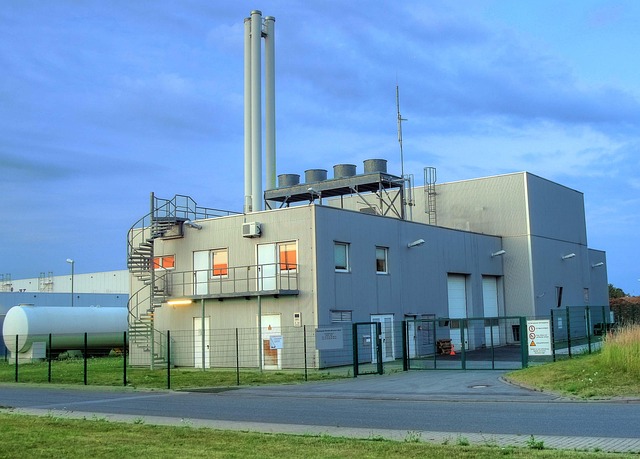In an era where environmental concerns are taking center stage, the concept of a sustainable facility is pivotal for industries around the globe. Among these, recycling facilities play a crucial role in reducing our ecological footprint. The push for carbon neutrality within such facilities reflects a commitment not only to business but also to the planet.
Sustainable development promotes practices that meet the needs of the present without compromising the ability of future generations to meet their own needs. This principle is particularly pertinent to the recycling industry, where the focus is on reusing materials, minimizing waste, and conserving resources. By adopting eco-friendly processes, recycling facilities can significantly lower their ecological footprint, ensuring that what they do today benefits the world tomorrow.
Integrating green technologies into a recycling facility can help achieve carbon neutrality. Innovations such as solar energy panels, wind turbines, and energy-efficient machinery not only reduce reliance on fossil fuels but also enhance the efficiency of recycling processes. For example, advanced sorting technologies can increase the quality of recycled materials, which in turn reduces the need for new raw materials and lowers greenhouse gas emissions throughout the supply chain.
Transitioning towards a zero-carbon operation is ambitious yet essential. Facilities that embrace this model foster a culture of sustainability that resonates with the community they serve. This not only enhances their public image but also engages customers and employees who prioritize ecological responsibility. When people see a recycling facility committed to a sustainable mission, it inspires a collective effort towards a more eco-friendly lifestyle. The ripple effect of this commitment can ignite change across various sectors, urging others to follow suit.
Furthermore, education plays a vital role in promoting sustainable practices within recycling facilities. Knowledge-sharing initiatives can empower individuals and organizations to make informed decisions about waste disposal and material recovery. By incorporating educational programs, recycling facilities can become hubs of sustainability, cultivating a well-informed community that actively participates in reducing their ecological footprint.
Ultimately, the path to a carbon-neutral recycling facility is marked by innovation, collaboration, and a deep-seated commitment to the environment. As more facilities adopt sustainable practices, we move closer to a world where the ecological footprint is minimized, resources are conserved, and the health of our planet is prioritized for generations to come. In this shared journey toward sustainability, every step counts. Let’s work together to create a future where recycling is synonymous with responsibility and ecological integrity.




